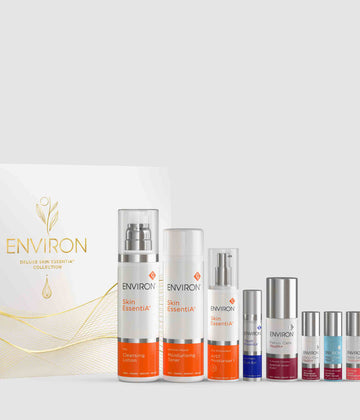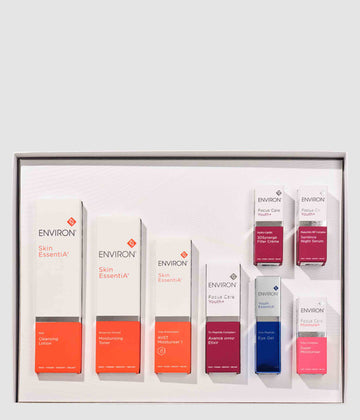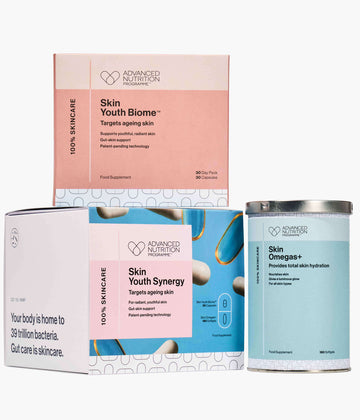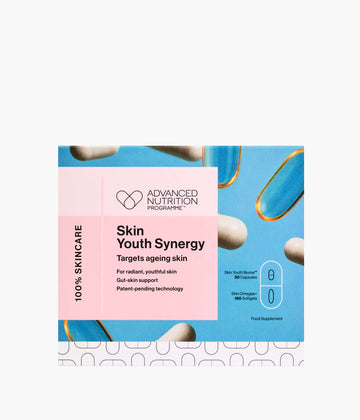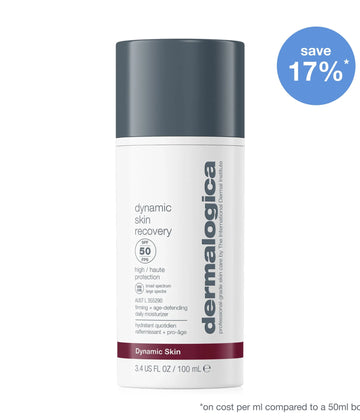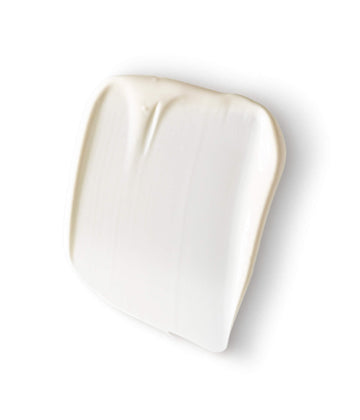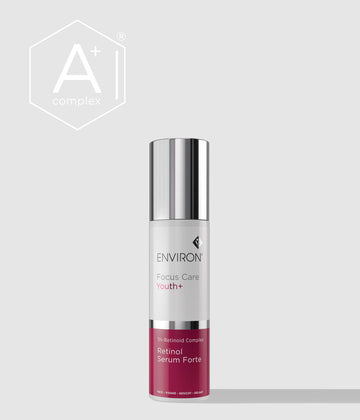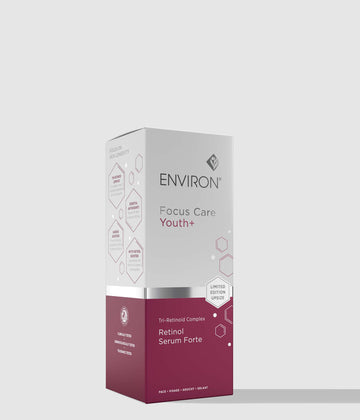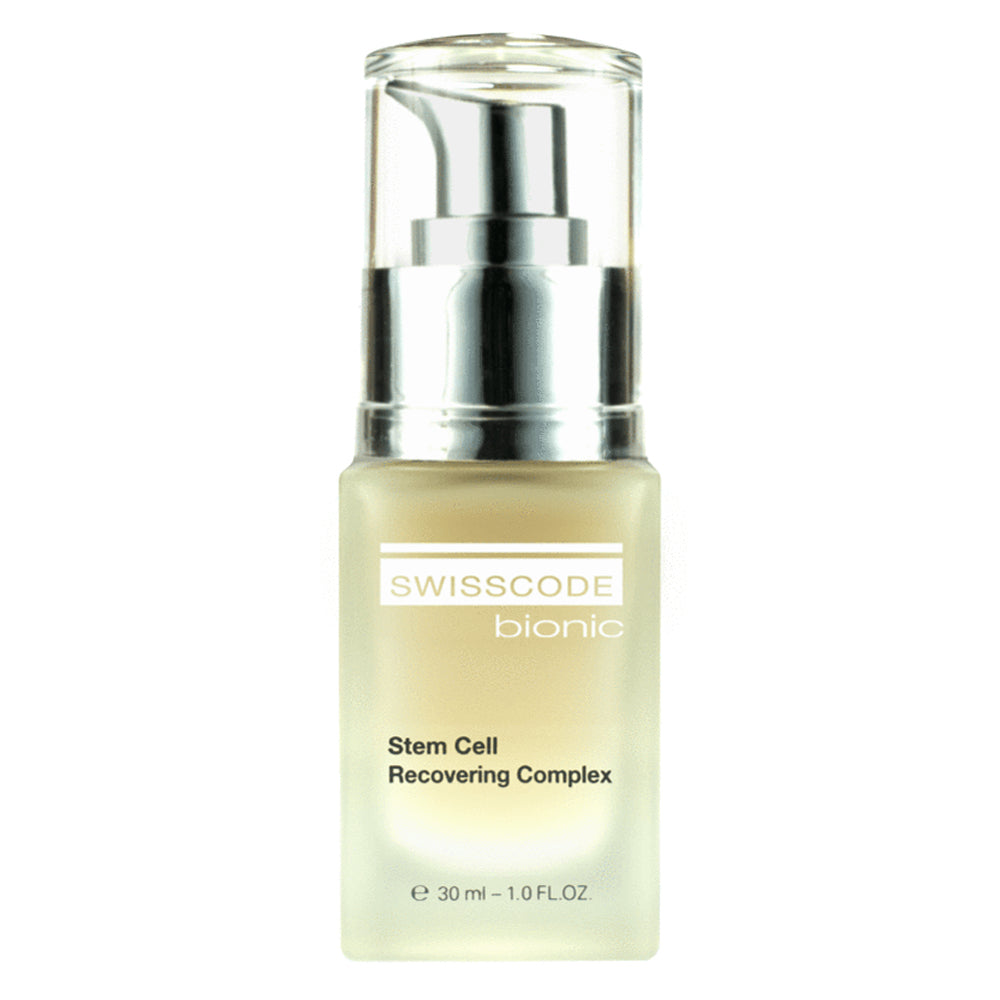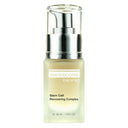Swisscode
Swisscode is a Swiss cosmeceutical brand focused on ultra-pure, high-potency serums that target specific skin concerns. Its minimalist approach centres on delivering single or synergistic actives at optimal concentrations to achieve visible, measurable results.
The brand’s Pure and Bionic lines feature ingredients such as hyaluronic acid, peptides, stem cell extracts and antioxidants to address hydration, ageing, pigmentation and radiance. All formulations are free from unnecessary additives and developed to work seamlessly with existing skincare routines.
Trusted by skin professionals worldwide, Swisscode embodies Swiss precision and scientific excellence, offering high-impact solutions for those seeking advanced performance in a simple, elegant format.



